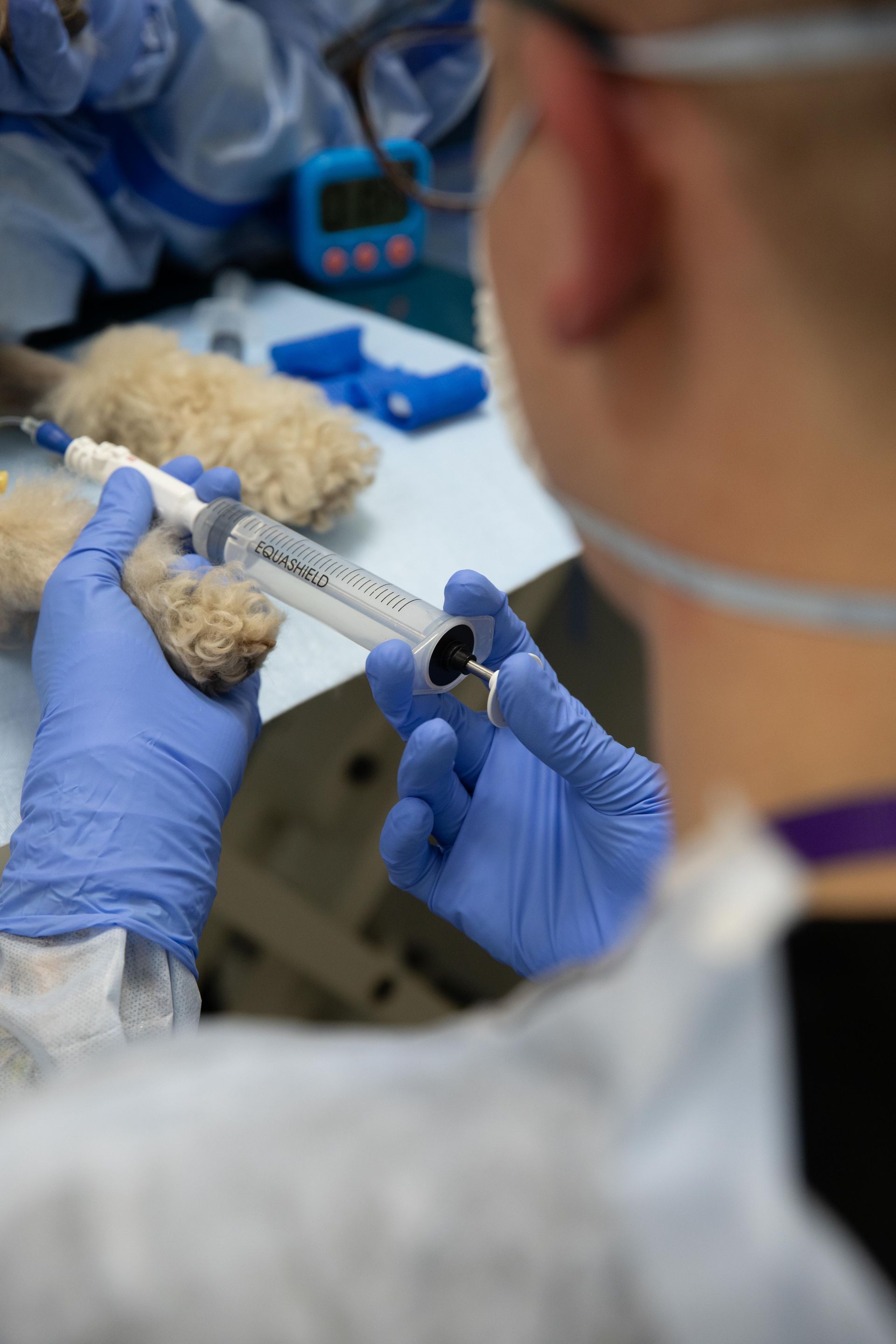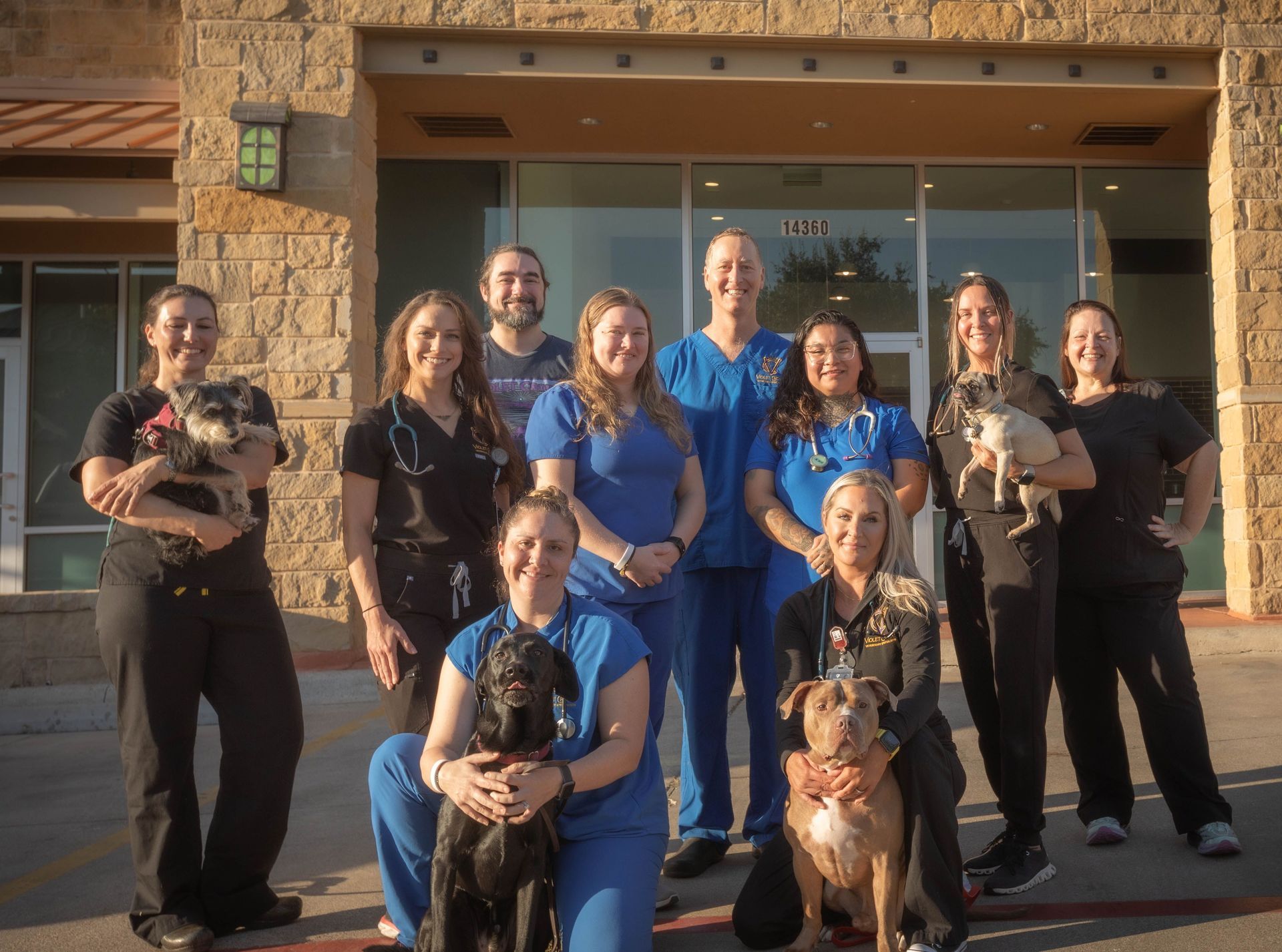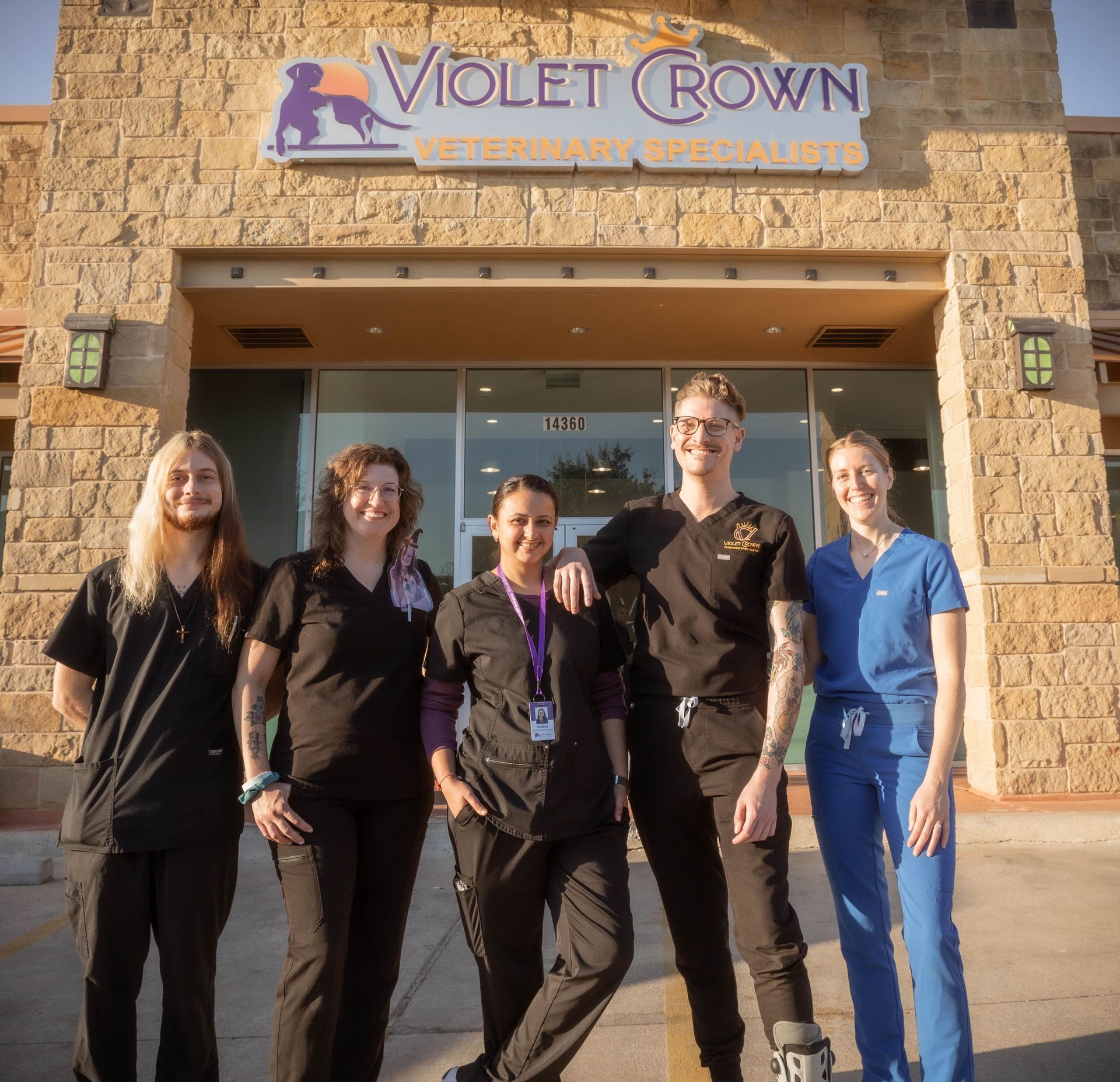Oncology,
Medical and Surgical
A cancer diagnosis is never easy, in humans or in our pets. Our board-certified Oncologists work with your primary care veterinarian to ensure that your pet has the best quality of life for as long as possible. Our comprehensive Oncology team works in concert to plan the most effective plan to meet your individual goals, utilizing all of the treatment modalities available.
Diagnosis and Staging
Your pet has received a cancer diagnosis, or maybe there is a worrisome bump that just popped up. The first step is answering two questions…what is it?....and where is it? Needle aspirations and surgical biopsies allow us to put a name to your pet’s particular type of cancer, helping us to predict how it might behave and what therapies will be most effective against it. Staging tests are diagnostic tests looking for spread of the cancer to other areas, including the lymph nodes and internal organs. How far the cancer has spread, or stage, will help to determine what to expect and what interventions are appropriate. These tests could include general blood work, lymph node aspirates, chest radiographs, abdominal ultrasound, or CT scans.
Chemotherapy
Injectable, as well as oral, chemotherapy agents target rapidly-dividing cells in the body such as cancer cells. Unfortunately, other rapidly-dividing cells in the body, like intestinal cells and the bone marrow, can be innocent bystanders to these medications, leading to side effects. Thankfully, our pets experience these side effect much less often than their human counter parts, and with much lower severity. Chemotherapy is not for everyone, but talk with our team about the benefits and risks of each treatment option so you can make the best choice for your family.

Immunotherapy
These treatments are targeted more specifically towards identifying and killing cancer cells, while sparing surrounding normal cells. Some medications, termed small molecule inhibitors, block certain growth signals to the cancer cells. Vaccines work to build your pet’s immune system by training it to recognize and attack cancerous cells.
Radiation Therapy
When delivered at high doses in concentrated areas, radiation can slow the growth or prevent the recurrence of tumors. It can be a non-invasive alternative to surgery and also decreases pain associated with tumors. Although not available at VCVS, talk with our team to see if radiation therapy might be an option for your pet.
Palliative Care
Aggressive, curative-intent treatments may not be the right choice, or even an option, for your pet and your family. Palliative care focuses on ensuring that your pet is as comfortable as possible for whatever time they may have. This includes focusing on pain management, nutrition, and end-of-life decisions. Saying good bye is never easy, but our pets deserve the same loving care in their end days as they received at the beginning.

Surgical Oncology
Surgery is often the first line treatment to remove as much, if not all, of a cancerous tumor as possible. Other cancer treatments are often more effective against individual cancer cells, rather than a large tumor, so even when surgery is not curative, it can still be beneficial to your pet’s overall survival and quality of life. The extent of surgery is obviously dependent on the size and location of your pet’s tumor, as well as the type of cancer. Talk with our Surgical Oncologist about what type of surgery might be best for your pet.
- Maxillofacial surgery
- Limb-sparing surgery for bone tumors
- Skin flaps and grafts for reconstruction following large tumor removal
- Body wall reconstruction
- Adrenal tumor removal
- Amputations
- Abdominal or thoracic cavity tumor removal

